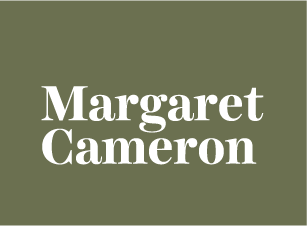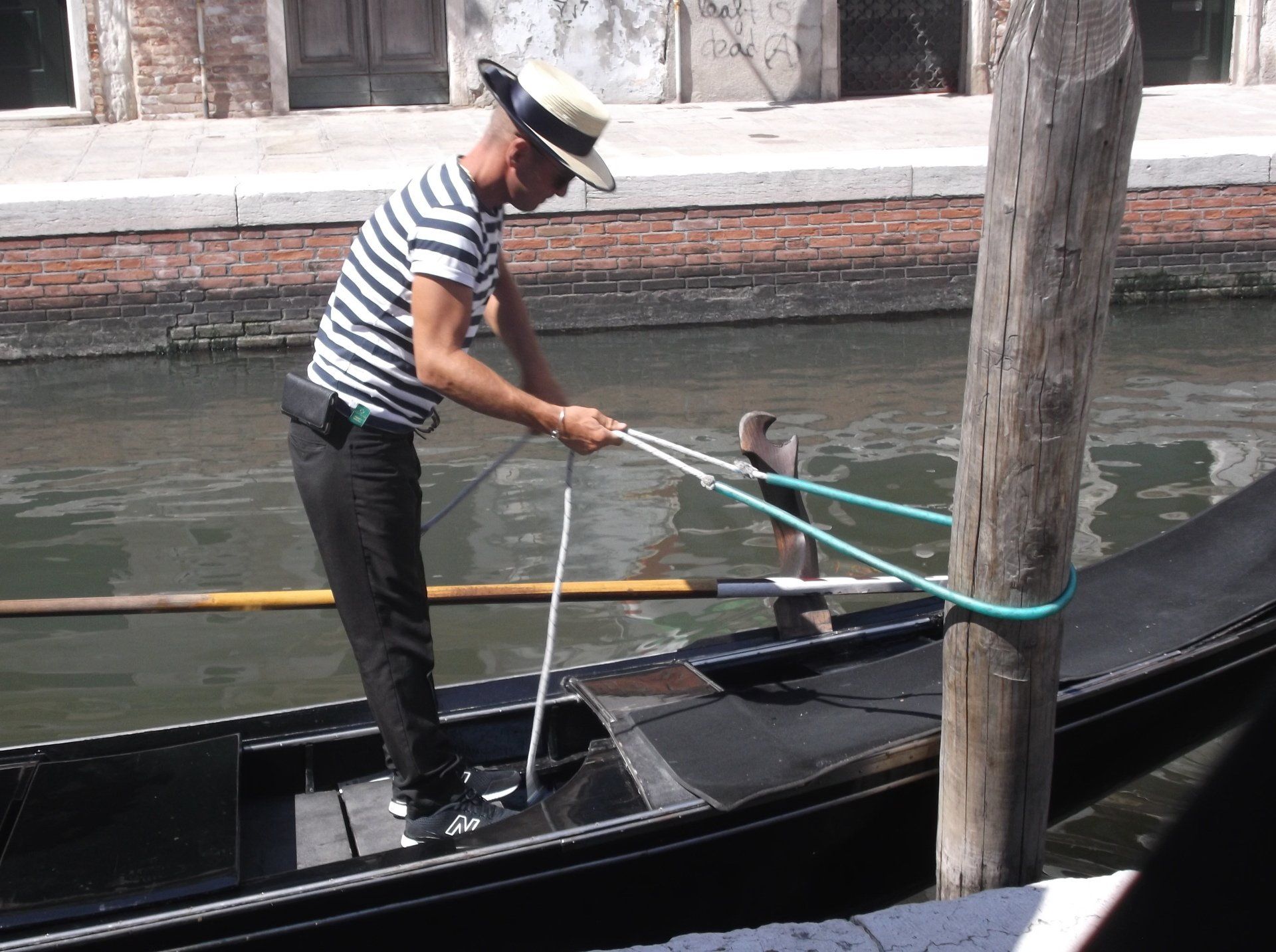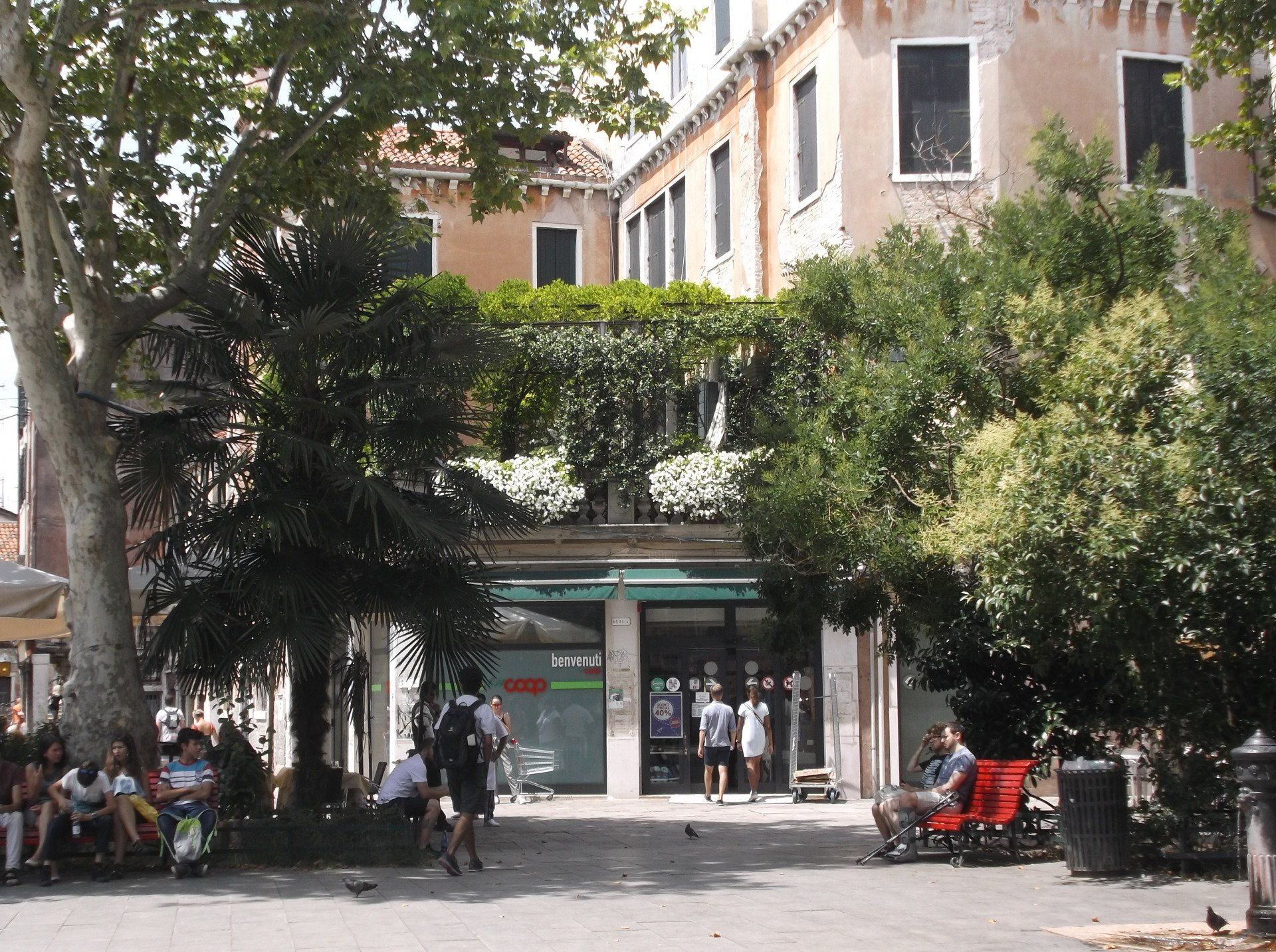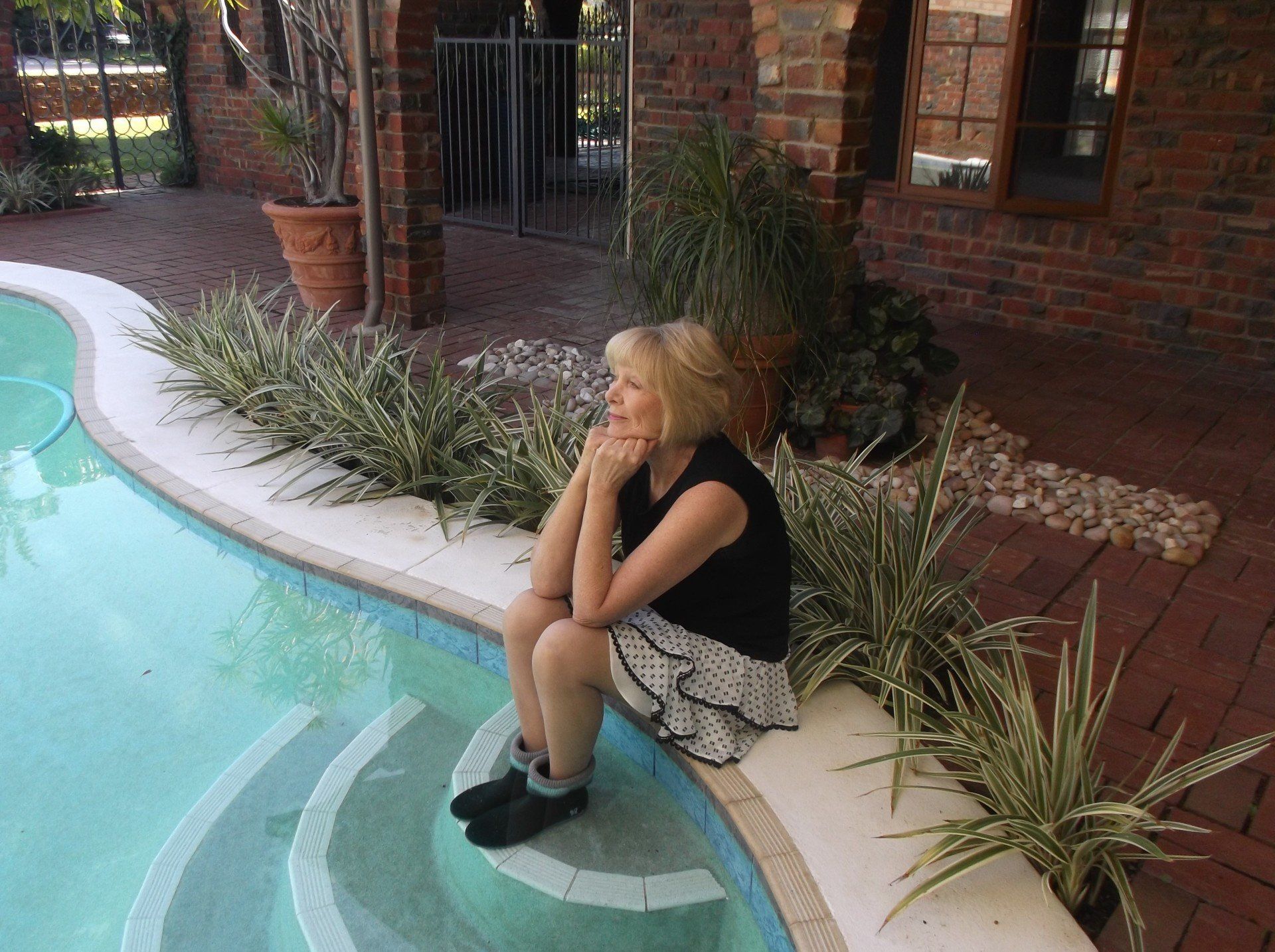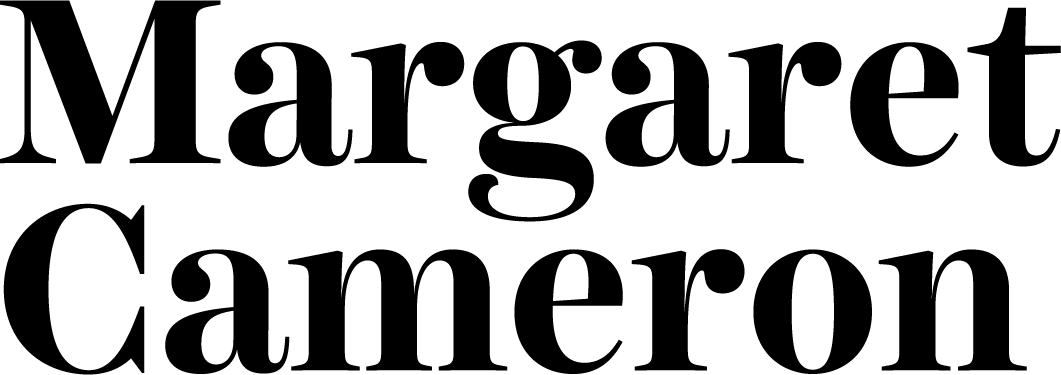My journal is a place where I can think, reflect, write and share stories. I hope you’ll join me.
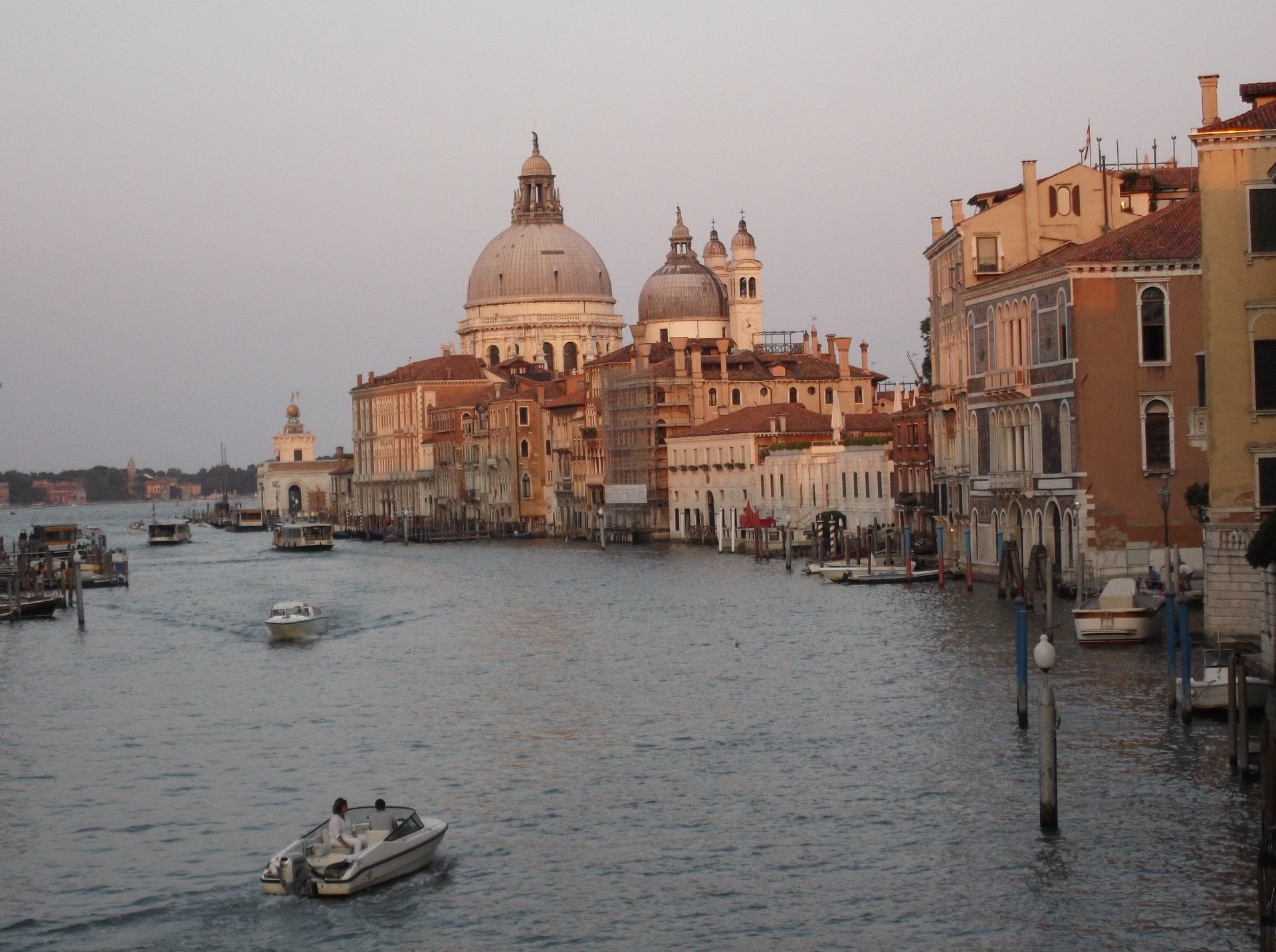
The petrochemical plant at Port Maghera has been responsible for significant pollution and damage to the fragile lagoon ecosystem. It is justifiably held by many Venetians to be public enemy number one. Just as concerning is the impact of climate change and rising sea levels for a city built on water. Worrying issues indeed, and there is another problem - sometimes overlooked, often discounted - of equal significance. arm photo here to side of text. Venice belongs to the world. And the world agrees, it seems, if tourist numbers are anything to go by. Visitors from all parts of the globe descend on the city each year, totting up more than twenty-five million visitations. This represents an environmental impost to a geographically small area, and massive disruption in the day-to-day lives of its fifty-five thousand residents. Look at it from their point of view. Their city is consumed by tourists.
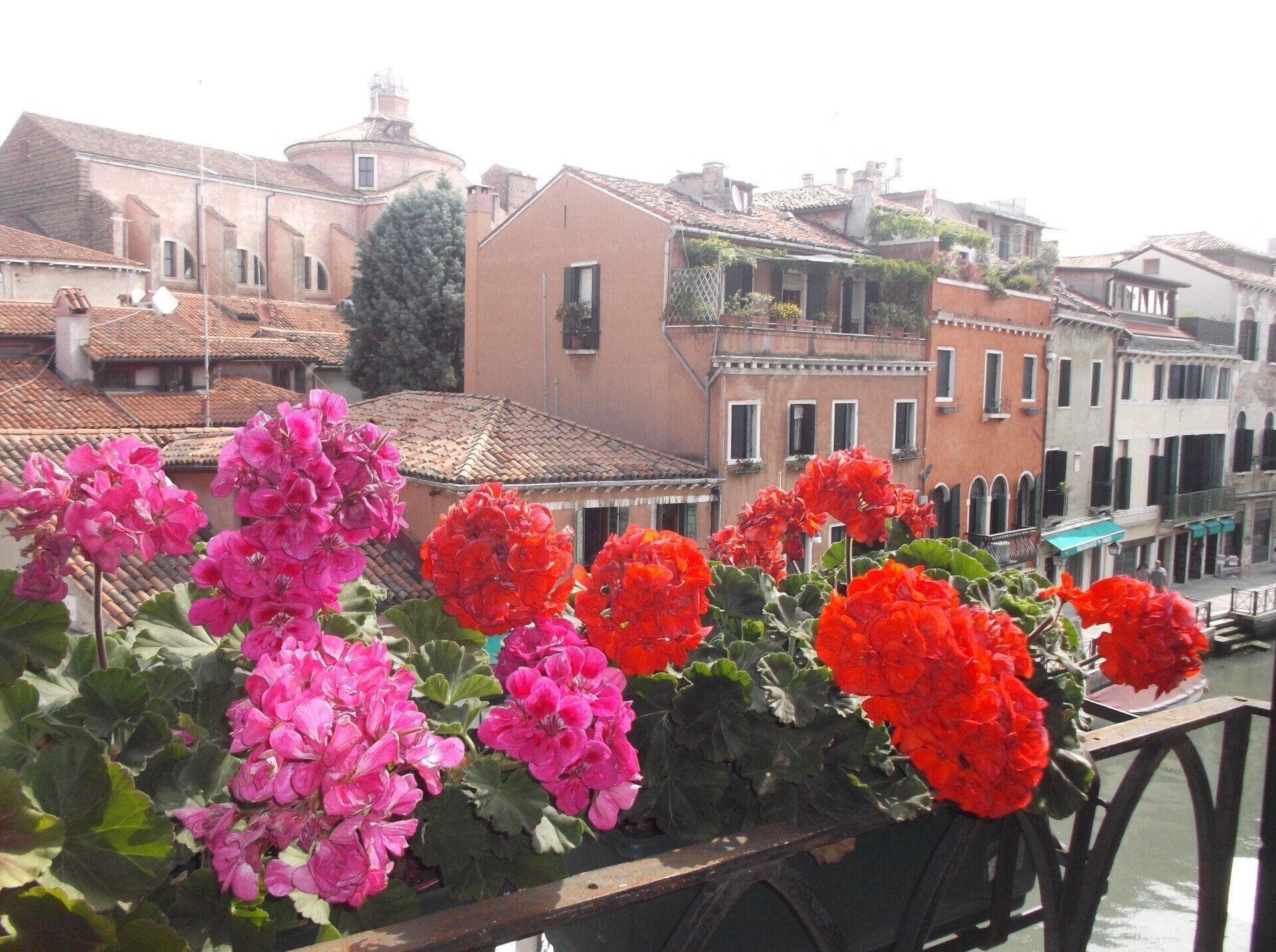
After all this time and writing and research, all those edits and redrafts, countless workshops and mentoring sessions, I can now say that it's official. My manuscript, 'Under a Venice Moon' will be published by Hachette Australia in April next year. I'm both delighted and grateful. More news to follow when I come down to earth!
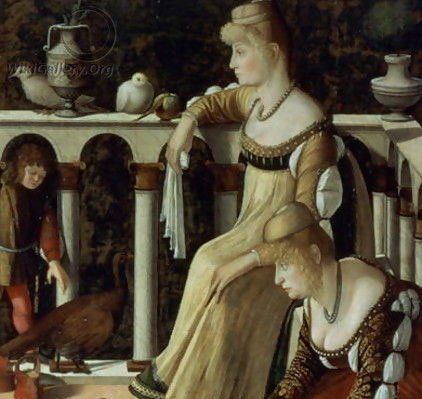
In the fifteenth century, Venetian painter Vittore Carpaccio put brush to canvas and came up with this famous work. It was entitled The Courtesans, and showed two women awaiting their male callers. Thus the matter rested for centuries. Recent technical analysis, however, has put the cat among the pigeons by confirming that the women were not courtesans at all. Far from it: they were in fact noblewomen awaiting the return of their husbands. How had this mistake come about? The painting had been divided and displayed as two separate panels - the upper section became known as Hunting in the Lagoon, the lower section as The Courtesans. But taken as a single work - as Carpaccio intended - changed matters. The women were clearly passing the time while their husbands persued the aristocratic activity of duck hunting. It underscores the point that many of the city's top sex-sellers were, in appearance, demeanour and lifestyle, the equal of noblewomen.
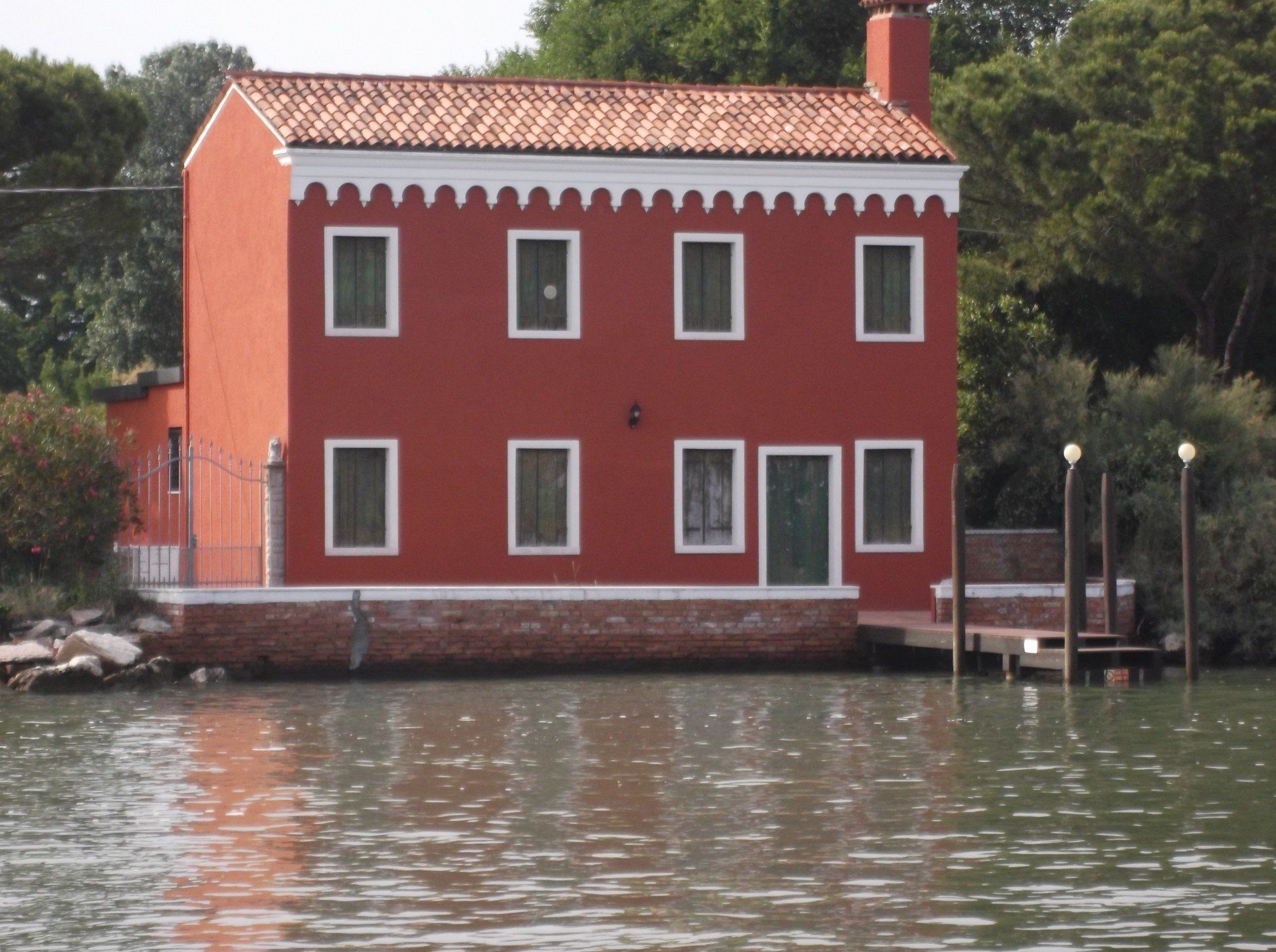
T orcello is where Venice began. Here, in a marshy, far flung-lagoon, refugees found safety from the marauding barbarians who descended on the Italian peninsula following the decline of the Roman Empire. The island's first settlers arrived in the firth century, and its population peaked at 20,000 during the fourteenth century. Today just twenty people call Torcello home. A visit to the cathedral of Santa Maria d'Assunta, built in 639 - Venice's first cathedral and the oldest building in the lagoon - connects me with the city's past. I crick my neck to look at the mosaics on the rear wall: sinners falling into the flames of hell as Lucifer has a jolly good laugh. A concern for some, perhaps.
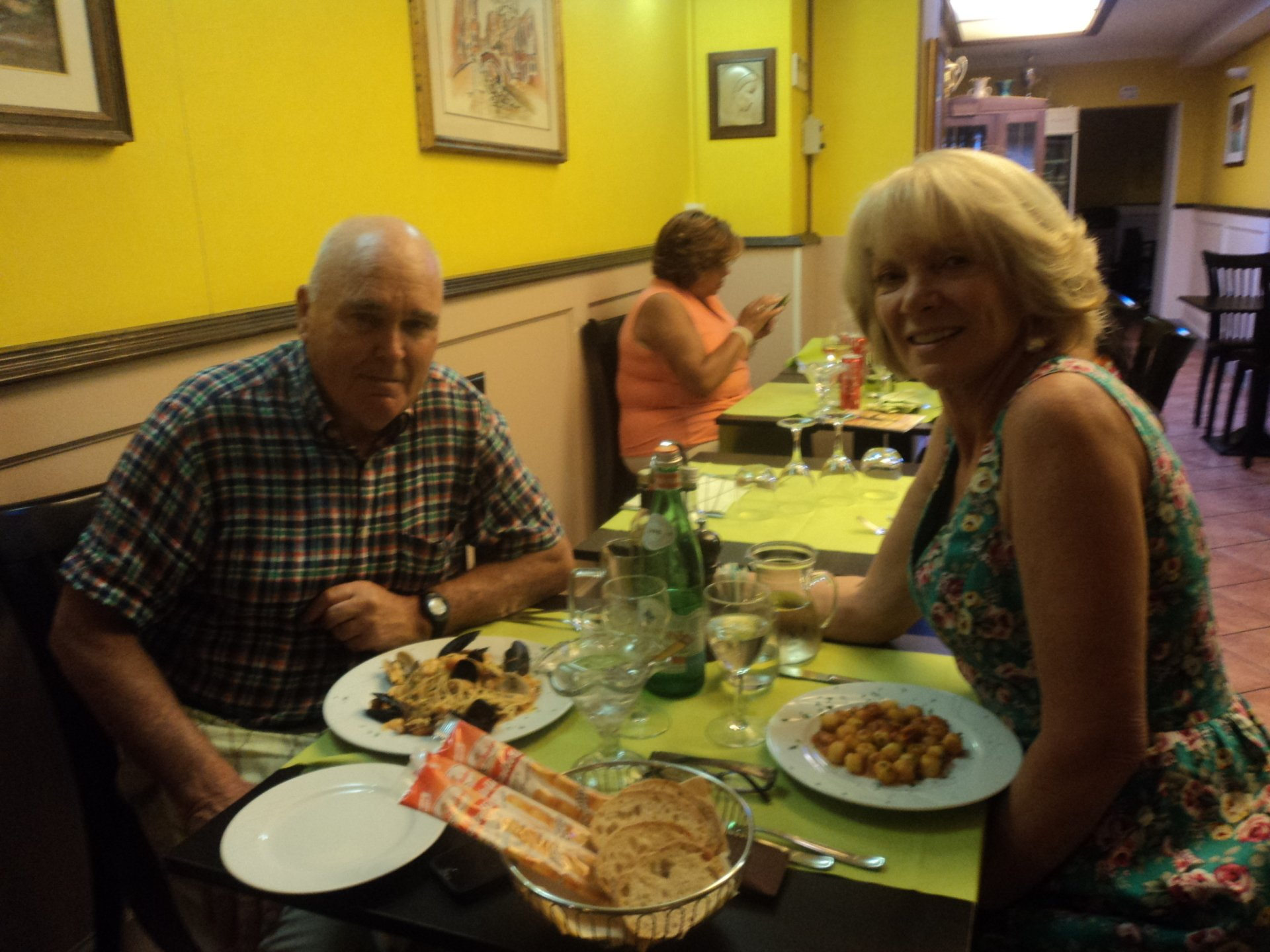
CHAPTER SIXTEEN I MET HIM AT THE BUS STOP 'So shall I give him your number or not?' Impatience hovered behind Trish's words, and the drum of her fingers on a tabletop travelled along the phone line. I imagined her holding a frown in check. Trish was not the sort of person to dither over such matters. 'I don't understand,' she said. 'Where's the problem?' I rubbed a hand over my forehead and let the phone slip until I held it by the earpiece. Thinking, thinking. My eyes followed Karla Marx as she circled her empty food bowl, whiskers dotted with milk drops. She flicked her head in a dainty cat sneeze and looked up at me, also awaiting a response. It was Sunday morning and I'd just finished my first cup of tea. I sank into a chair and propped my elbows on the kitchen table 'Who did you say he was again? 'Gavin.' Trish spoke with the air of someone explaining everything in a single word. 'Pleasant chap. Wearing a pink shirt. You must remember him.' I put the previous evening on mental rewind and came up blank. A blur of faces. Snippets of conversation. Daffodil bulbs should always be planted before Anzac Day , I'd instructed someone's teenage son, prompting an anxious smile and his hasty retreat to the far side of the room. I knew I'd talked a lot. I knew I'd enjoyed myself. That was about it. Now here was this Gavin fellow it seemed I should remember. 'Hmm. I might be able to place him if I spoke to him again. I mean, I think I could. Possibly.' I looked into space, assessing the chances of remembering Gavin. Karla Marx looked at me, assessing the chances of more food. The outlook didn't seem positive for either of us. A moment longer, then I decided. 'Oh, go on, then. Give him my number. And thanks for last night. Great party. I'll let you know what happens with … uh, Gavin.' I hung up and leant back in the chair. Sunshine crept over the kitchen floor and Karla Marx took up her morning position, asleep on the warming tiles. I glanced to the other end of the table. The last essay for the term, finished and ready to be handed in, sat under a pile of overdue books. Ahead lay an uninterrupted Sunday, with nothing planned until an evening walk through Kings Park. 'Aaah,' I said, in one long, contented sigh. The phone rang again. Karla Marx woke and slitted her eyes toward it with a look of distrust. It was Gavin. 'Hello? Margaret?' Nice voice, I thought; deep, finely grained. Encouraging. Off to a good start, at least. We worked our way through greetings and morning-after-the-party reflections. It had been fun, we agreed. How long had I know Trish, Gavin then wanted to know, and where did we meet? One thing led to another and before long we were chatting away like old mates. I poured a second cup of tea and spread Vegemite on a slice of toast. This Gavin was OK. 'I liked your joke about the nine-legged spider,' he chuckled. I told that joke? I thought it was someone else. I took a bite of toast; surprised, but not to the point where alarm bells were called into pealing service. It wouldn't be the first time I'd said something then forgotten it in a storm of chatter. And the conversation was going so well, it seemed a shame to derail it with a small detail. Gavin's voice sounded better the longer I listened. I munched on as he continued. 'So. I've got tickets for a performance at the Subiaco Theatre Centre next Saturday. Would you care to join me?' I liked his choice of venue for a first date. Much better than somewhere involving food and wine and good behaviour. Far preferable to an evening spent looking at someone across a narrow table, thinking up something witty or profound to say. And all the time wondering if my lipstick had been reduced to a tired, jagged outline. In unflattering light. Oh yes, I was beginning to have very positive vibes about forgotten Gavin. 'That's close to my home,' I said, after what I hoped was a gracious acceptance. 'We could even walk there if the weather's good. Parking can be tricky on weekends.' 'But I thought you lived in Nedlands.' Still the alarm bells remained silent. I'd lived in Nedlands before moving to Subiaco, so perhaps I'd mentioned it in this conversation I didn't remember. Nine-legged spiders and suburban addresses were not my strong point on a Sunday morning. A return to sleep beckoned, right after this cup of tea. 'No. In Subiaco. Heytesbury Road.' I spelt it out, enunciating each letter, and then gave the street number. Twice. Not for want of a clear address would I miss my date with Gavin-in-the-pink-shirt. 'See you around seven, then.' I hung up and smiled into the sunshine. Karla Marx yawned. Gavin presented himself next Saturday evening. With an intake of breath I answered the doorbell and opened the front door. There stood a man of about my age, with reddish hair cut close to his head. Wire-framed glasses gave him a professorial look, as though he spent a lot of time in the company of books. He probably had more degrees than a thermometer. A trimmed beard surrounded a mouthful of teeth that had not fared well. I'd never seen him before in my life. 'Margaret?' he said, with barely disguised bafflement. 'Gavin?' I said, with barely disguised disappointment. We made the best of things and went on our theatre date. And as I sat next to the man in the pink shirt - he'd worn it again that evening, or perhaps he had a whole wardrobe of them - I pieced together the scenes of our own drama. I blamed my parents. Coming from a generation which revered the British monarchy, they had, like so many others, named their daughters Margaret or Anne or Elizabeth. I'd won the Quinella - Margaret for my first name, Anne as my second. The names emulated the beloved royals, if only in a small way. But years later, calling out the name Margaret at any gathering where there were women of my age present guaranteed several heads would swing in your direction. So the confusion had a simple explanation. I was not the required Margaret. I had not caused the twinkle in Gavin's eye. He was after another named-for-a-princess party goer. I sat through the performance, applauding in the right places and making polite remarks until the dreary evening drew to a close. But a thought stayed with me as Gavin and I walked home along H-e-y-t-e-s-b-u-r-y Road. My parents and Princess Margaret had a lot to answer for. Setting Gavin to one side, the dating landscape of my single years had been an unremarkable plateau, tame and predictable. I remembered the high season of my amorous life with a certain fondness, to tell the truth. But one thing had always puzzled me and it still did, all these years on. Mention a new male acquaintance and the response was always the same. Where did you meet him? No other information carried the same weight. Even enquiries regarding the new suitor's name came as an afterthought. The mechanics of meeting remained the question uppermost in the minds of inquisitive friends. Why this preoccupation with first meetings? I had no idea. Over the years I devised answers to cut short tiresome explanations. I met him at my Tuesday night tap dancing class had served me well. But after some reflection, I believe I'm correct in saying it was Mum who responded to my dilemma by advising thus: Just say you met him at the bus stop. I don't catch enough buses to estimate the likelihood of such a meeting, but I'm sure I'd get good odds on the fact it doesn't happen often. So I've had to wait until well into my middle years and make three trips to Venice to be able to say with hand on heart honesty that I met him at the bus stop.
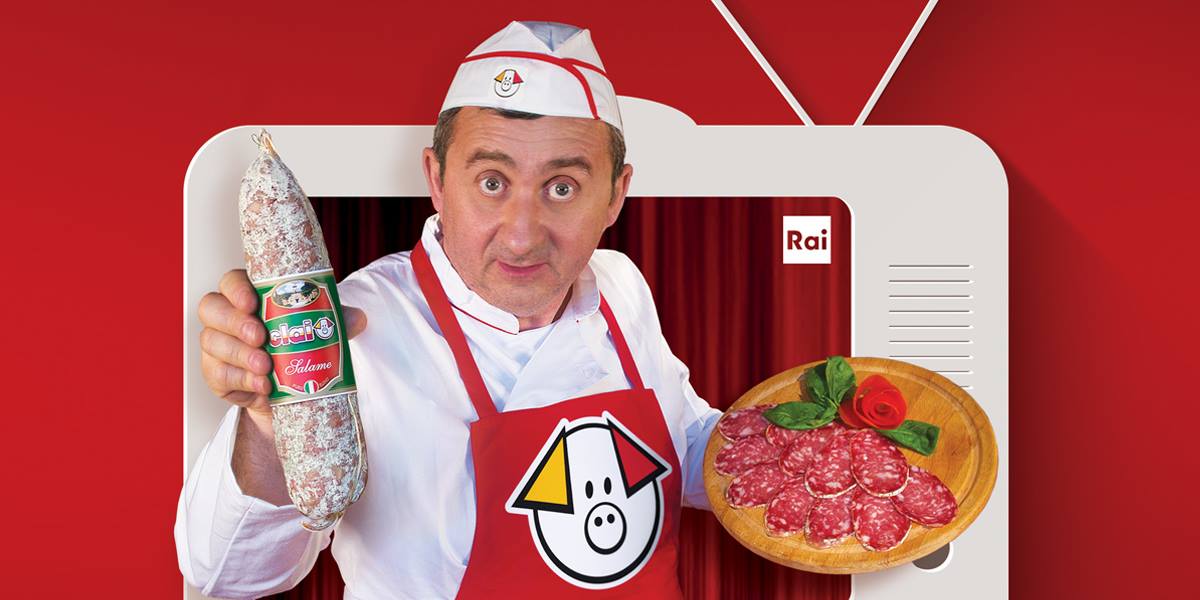
Some councillors had suggested that Venetian restaurants be clearer about the amount of meat (or fish, or chicken) they offered in their dishes. Like the 300 gram Big Mac, or The Whopper that takes two hands to handle. You know the sort of thing. Tourists felt cheated with the meagre serves they received after ordering from a menu photo that had promised abundance. The answer, councillors believed, was to cite the precise quantity, measured in grams, that a diner could expect to receive when placing an order. Mayor Brunano has had a lot to say about tourists in his city. At this Council meeting he dressed as a shop-keeper to make his point. The meeting dissolved into pandemonium. Social media erupted with comments about the Mayor and his dress-up antics. But what was he saying? Did he agree with the proposal or not? I've no idea. After reading the translation of his comments and the seventy-eight social media posts they prompted, I'm still none the wiser. All I can say for certain is that Venetians didn't like their highest elected official using such theatre . Uncool. Totally.
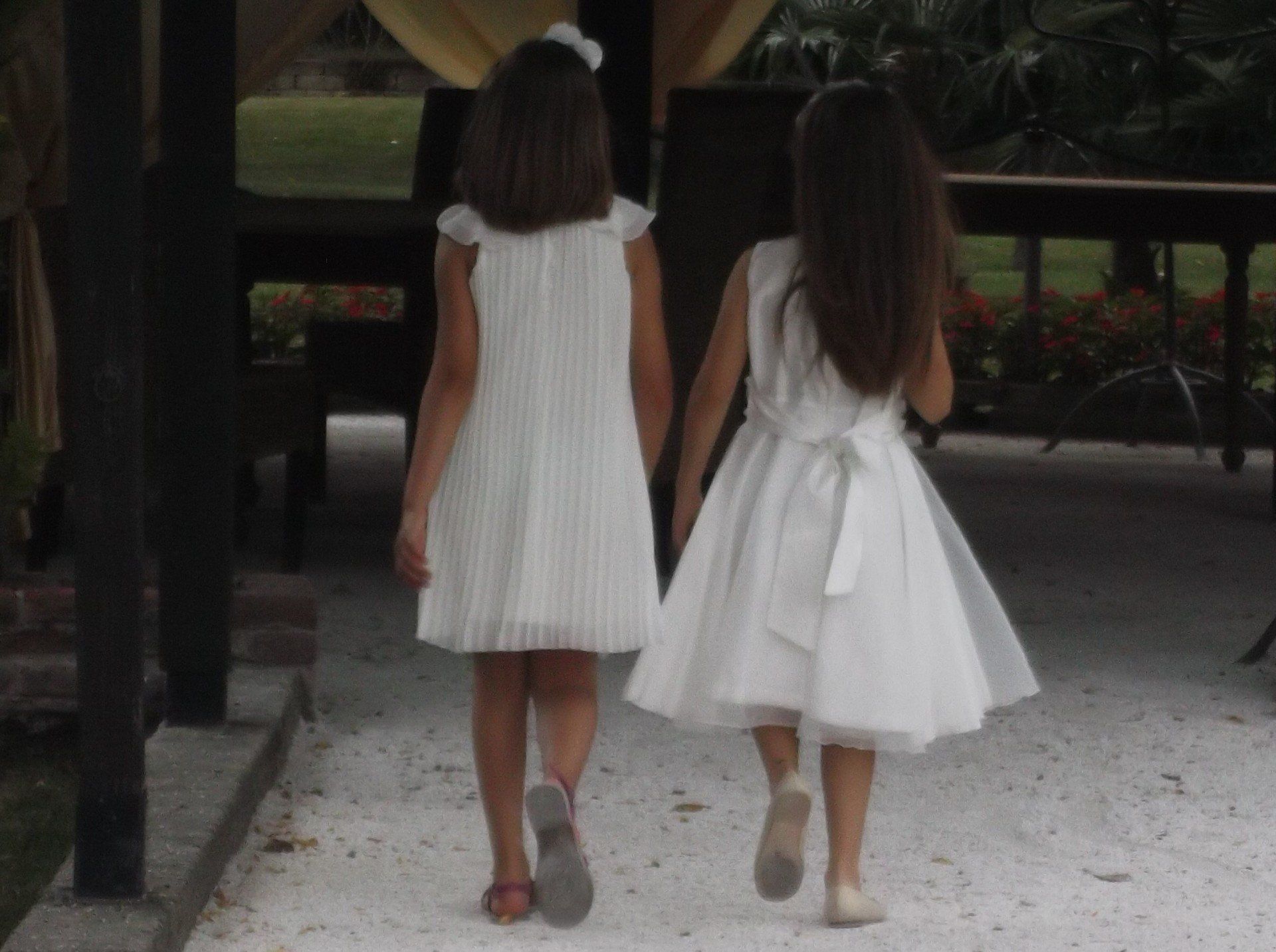
I usually write about Venice, but this time I'm celebrating the opening of our intrastate borders with a short story. It won second prize in a competition about three years ago. It's called SISTERS. The two girls sat side by side on a wooden bench. Eucalyptus trees cast quivering shade, meagre protection against the sun's heat. Leaves rustled in the easterly wind. Sunday School had finished half an hour ago. Nine year old Annie held a book of religious scenes in one hand and the sweaty palm of her sister, Hannah, in the other. The starch of Annie's Sunday dress prickled the back of her legs, and she was tempted to lift the dress and place herself directly on the bench. But then there was the question of splinters. Or worse, ants. Annie's dress - and Hannah's - had been made by their mother. Her Singer sewing machine churned out an endless supply of clothing for the girls, from simple play dresses to the elaborate costumes Miss Murdick favoured for their ballet-class performances. Today's dresses were full-skirted and floral, made stylish (Annie believed) by the circular pockets trimmed with binding in a contrasting colour. The girls were always identically dressed, down to the last bow and button hole. Annie and Hannah liked that. Annie waited with growing impatience. Her thoughts were already at the coastal town where the family would spend the next two weeks of the summer school holidays. In Annie's mind the holiday would start the minute her parents arrived to collect them. Wherever were they, she wondered, looking down the highway for the familiar blue Holden station wagon. ******************************** Annie gazed through the car window at a landscape that was sparse and muted in colour. Waves of wheat crested the low hills and stretched into the distance, oceans of dull gold surging across the land, breaking onto the horizon of blue-grey hills. The low metal roofs of farmhouses glinted beneath trees, as if pressed into the earth by an enormous sky. It was the dry, hot panorama of an Australian rural summer. Annie's legs stuck to the vinyl of the car's back seat. A moist pull had replaced the crisp scratchiness of her dress and she moved her legs from side to side, attempting to find a cooler position. She discovered a new game. Pressing her legs down on the seat and then abruptly lifting them brought about a satisfying squelch. Hannah followed in giggling imitation. Hannah's legs were sturdier than those of her elder sister, and the sound as they parted company with the vinyl was memorable. It was early evening when the family arrived at the small town where they planned to stay overnight. A hotel provided the town's only accommodation, and it stood proudly on the main street, in the manner of most country hotels. Two storeys high and rather grand, it had been built at a time when optimism infused the Western Australian psyche, and new farming lands were opened up for soldiers returning from the Great War.It was a time when the world wanted wheat rather than weapons. To Annie the hotel was a palace. The family sat at a table set with white linen and silver, positioned beneath a whirring fan which sent her napkin skittering across the polished floorboards. Annie ordered grilled fish with chips and salad, the dish she believed represented the pinnacle of sophistication. The basis for this assumption she could not really say. Annie's parents and Hannah ordered roast beef and vegetables. Annie's mother told the children about a beautiful film star who had fallen in love with a prince. The prince loved her too, and married her, to make her princess of his kingdom. The children's mother had a gift for story telling. But this was true, she vowed to Annie and Hannah, as they sat at a formal table, in a little country town, in sweltering heat and dressed in their Sunday best. Dusk was falling as Annie stood on the upstairs verandah after dinner and looked across the town and the paddocks beyond. Eastward stretched farmland until the dessert took over, sweeping on to the silent heart of Australia. To think of it. A princess. Could anyone do it? Marry a prince and become his princess? She felt like royalty already as she leant over the balustrade of ornate iron work. The bedroom she shared with Hannah opened directly onto the verandah, and the gauze curtains across the doorway billowed outward, tickling her legs. The easterly wind had started again. Hannah came out to the verandah. She held the latest Famous Five book, a sticky finger marking her place in the literature of an eight year old. 'I think I'll be a princess when I grow up,' Annie informed her. Hannah gave a snort of the calibre only an eight year old can deliver. She turned back to their bedroom. The vastness was of no interest to her. ************************************ Heavy rain tore down. I ran to the kerb as the taxi pulled up alongside parked cars, then darted back into the traffic. A yellow beetle, edging between vehicles, accelerating and braking.The horn registered the driver's disapproval of other road users. It's a beautiful noise, coming up from the streets ... He'll sing that song tonight. I'll be in the front row ... I rubbed to clear a patch on the fogged-up window, and saw we were nearing Times Square. Ten years a resident, and taxi drivers still registered my Australian accent as that of a new arrival and chose the longest way to any destination. I'd learned not to argue. And it fits me as well as a hand in a glove. Yes it does. Yes it does. I have an invitation to the post-performance party ... I'm going to meet him. I loved the New York, loved its vibrancy and pace. It fitted me perfectly too. The taxi driver slowed to make way for incoming traffic. He turned to me, ignoring the shouts from other drivers. Had I heard, he asked, that Princess Grace of Monaco had died in a car crash? That's when the memory came, racing across the years to join me on the back seat of a New York cab. Two sisters with their parents in a country town. Their mother's story of a beautiful princess. A hotel verandah, looking out to the wheat paddocks that lay beyond the slanting roof of the Pioneer Bakery. Sheets of gold, thrown across the landscape, stretching off to a distant horizon. For years at a time I'd given no thought to the vastness, to those far off horizons. I'd raced toward others instead. **************************************** The telephone message light winked. Annie was back in Perth, just returned from her evening walk. She listened to the messages. 'It's your sister Hannah,' an unfamiliar voice said. Annie and Hannah were no longer close. It was more than twenty yeas since they'd last spoken. Annie had moved away from her family, from all of them, on to another life in another world. Family was a blur, seen through a dusty window she had no interest in wiping clean. Annie and Hannah. The little girls who had looked down from the upstairs verandah of a country hotel. One had seen further than the other. Hannah's recorded voice continued. 'Our mother died this morning.' Annie replaced the telephone and walked down the hallway to her bedroom. A table swathed in Venetian lace held a lamp and several photos. It was one of Annie's keenest pleasures, to turn on this lamp each evening. The light glowed down on the photos. The photos. She'd kept some of her childhood snaps with Hannah because she liked the frames holding them and had never found time to change the photos. No sentimentality was involved. At least that's what she told herself. Annie picked up a photo, held it close. There it was, the image of Hannah standing beside her, head lifted and a smile unfolded across her plump face. Hannah's hair curled inside the frame of a bonnet, tied beneath her right cheek with a large, fussy bow. Ballet slippers peeped from beneath her dress. It had been Easter, Annie remembered, the Easter following their summer holiday and overnight stay in the country hotel. She and Hannah were dressed in their Easter bonnets for one of Miss Murdick's productions at the Town Hall. Their mother had made the bonnets and the identical tulle dresses they wore. Annie looked more closely. She had never noticed before, not in all the years she had kept the photo. Hannah glowed with assurance as she smiled at the photographer, their mother. Her little feet established a confident tenancy on the cement paving. How different Hannah was from Annie's long-ago self. Just the faintest smile shaped Annie's mouth and she looked beyond the camera, as if her attention had moved on. Annie stood on tip-toe, feet raised from the paving. Her arms were crooked at the elbow, ready to drop the handfuls of tulle she held and be somewhere else. *************************************** The rented SUV glided over hot bitumen, windows closed against the east wind. Air conditioning thrummed with modern efficiency and coolness washed over Annie. The leather seat felt smooth beneath her jeans. She pressed the CD play button, then decided against it. Silence better suited her mood. Bittersweet. Familiar-yet-not-familiar scenes flicked past. Paddocks of wheat shone. Roadside trees proliferated, a response to changing weather patterns that threatened fertile land. Open-mouthed dams waited at the foot of low hills, muddy water rising to their lips. It had been a good season. In a bad season it was red, dry heartbreak. Annie drove away from the small town, heading south toward Perth. Tomorrow she would pack her suitcases and leave for New York. Loose ends had been knotted off. Steps retraced. A return to where the fork in the road had first branched. She and Hannah, standing on that verandah at dusk. Annie had dared hope an immense hope. And Hannah. Sweet, smiling Hannah, unwilling to embrace the same vision. Annie pondered a might-have-been life, a life different from the one she had chosen. She thought about the people she had left behind. A cloud blotted out the sun. There was no way of knowing what might have been. And Annie knew there was nothing she would change, nothing whatsoever. The map of her life had been signposted with love, excitement, adventure. But oh, to think of it. Annie and Hannah, who had waited after Sunday School, sitting on a bench and holding hands. Annie and Hannah, waiting in their identical dresses. Annie glanced at the speedometer and her eyes continued downward. One of her sandals was missing its bow. It must have fallen off somewhere, probably back at the hotel. Two feet with vivid red toenails rested side by side. Feet wearing shoes that had been identical until something was lost. Annie smiled a wry smile. The bow could stay where it had fallen, back at the hotel. Stay there, along with her memories. She pressed the play button and the first CD slotted into position. Mick Jagger, still looking for satisfaction. He couldn't get any. *****************************************
